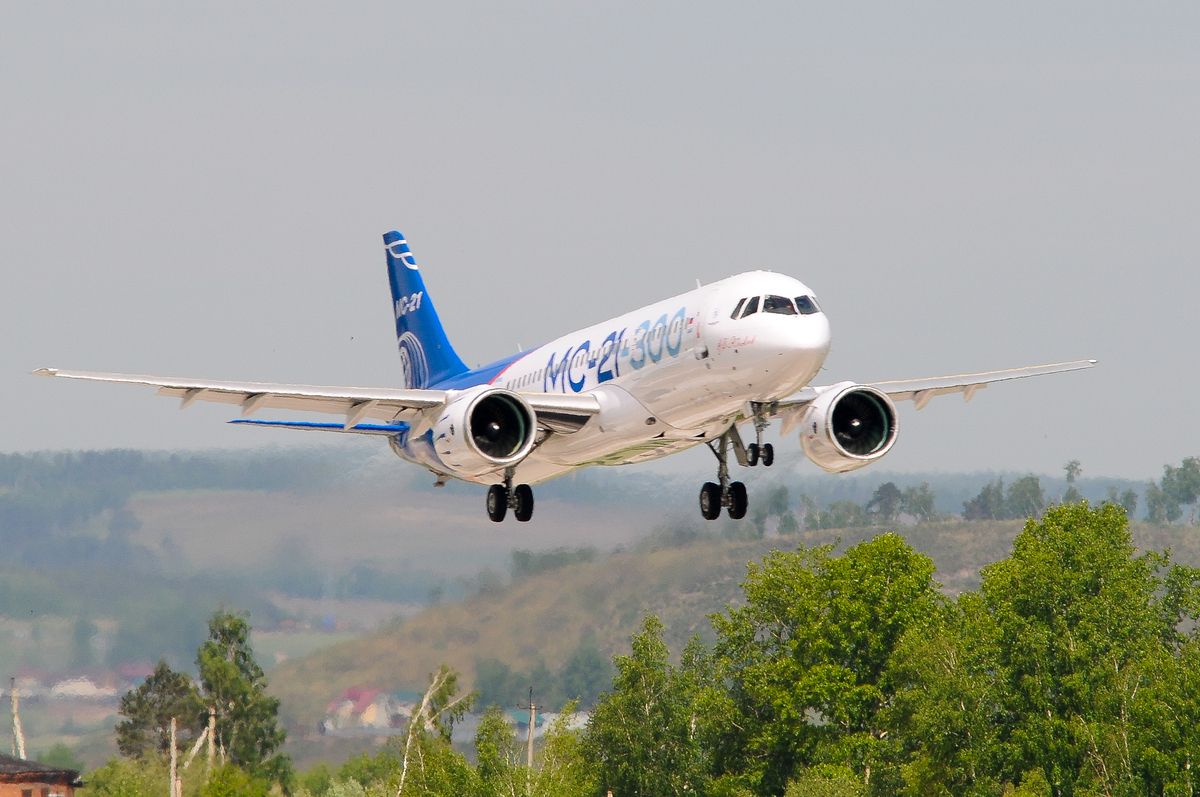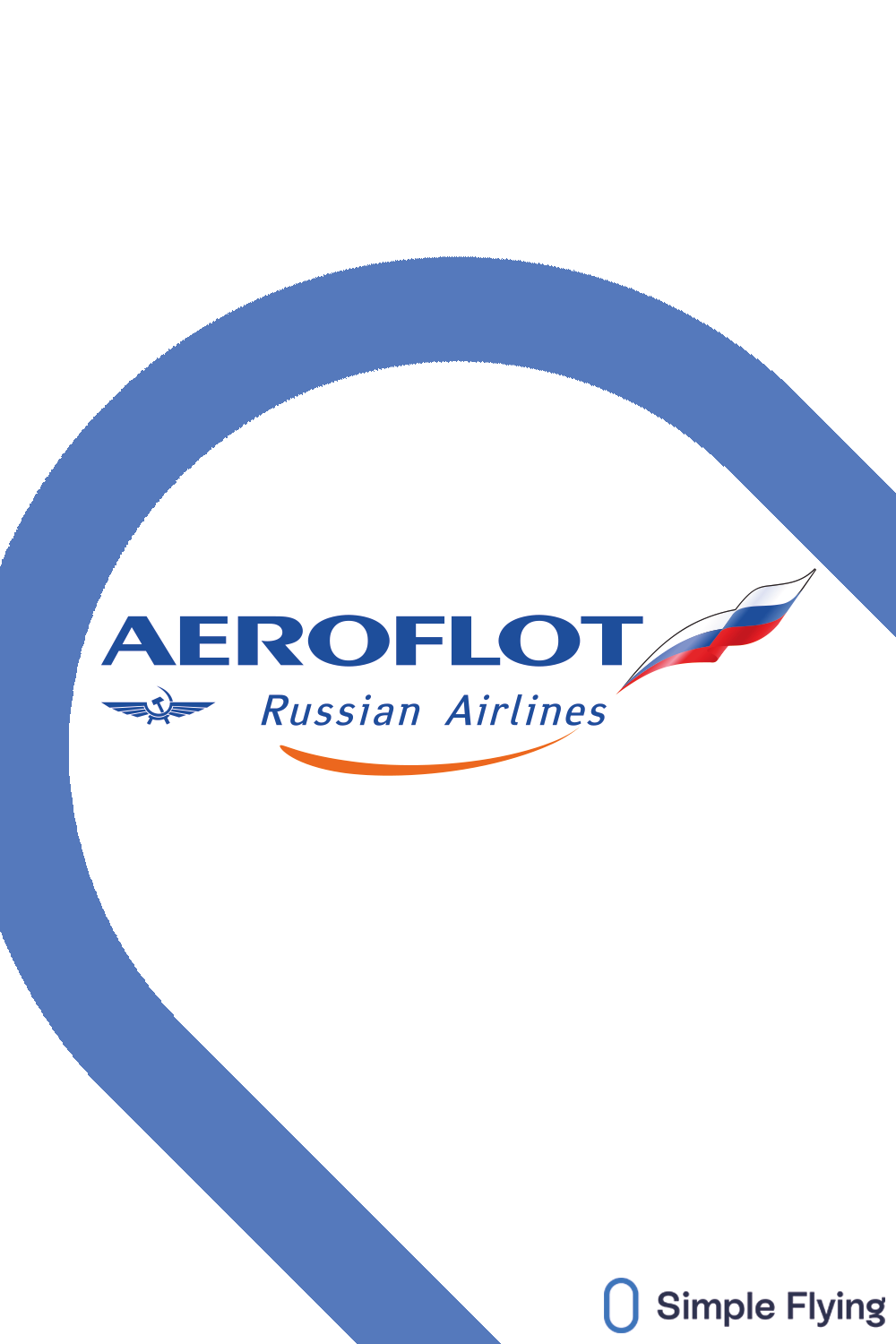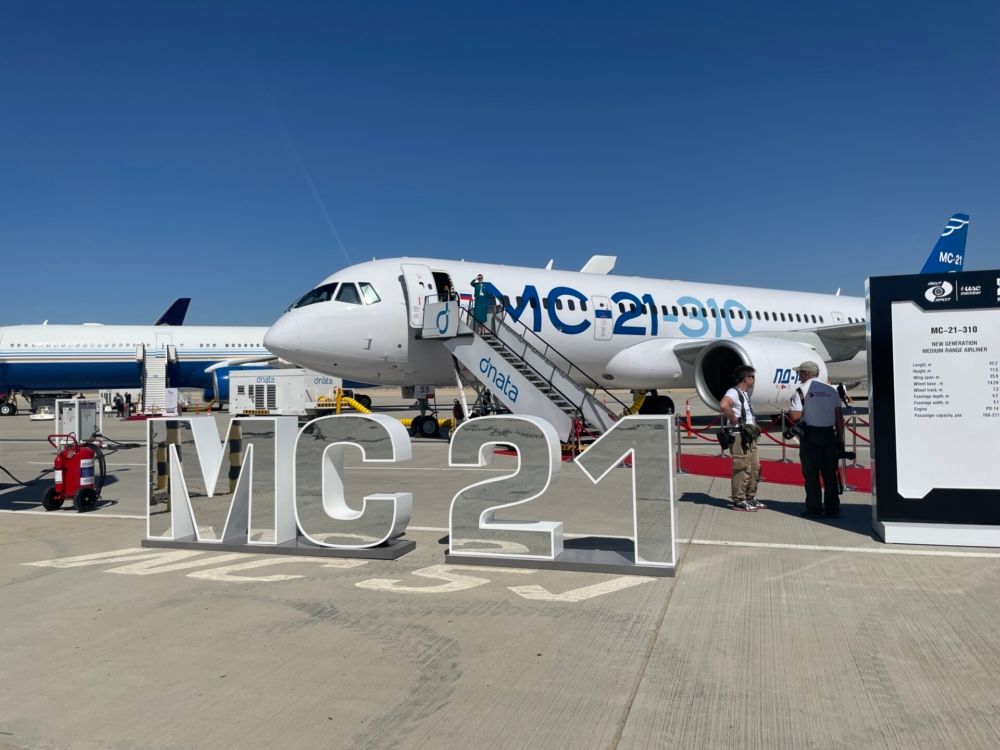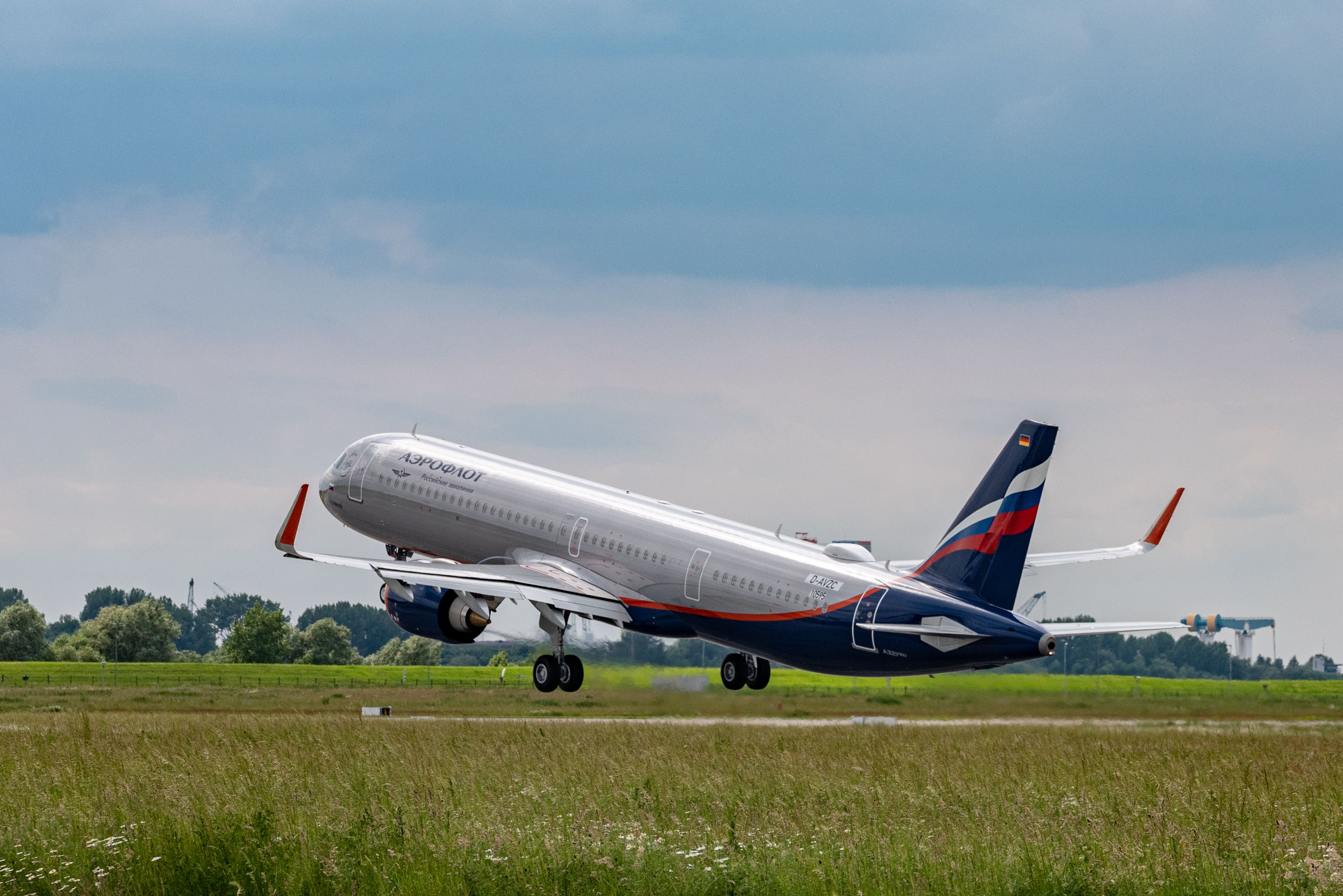In the latest sign that Russia is cutting its ties with the west, state-owned conglomerate Rostec said it would deliver more than 1,000 locally-made airplanes by the decade's end.
A report by Reuters yesterday quoted written responses from the manufacturing giant, in which Rostec said:
"Foreign aircraft will drop out of the fleet. We believe that this process is irreversible, and Boeing and Airbus planes will never [again] be delivered to Russia. We don't expect sanctions to be eased and we are building our plans based on the existing tough scenario."
How will the divorce work?
Earlier this month, Aeroflot confirmed it had ordered 339 locally built Russian aircraft in an 'import-substituted' form. This means that only parts made in Russia or not sourced from so-called unfriendly countries can be used, including the engines. At the time, Rostec general director Sergei Chemezov said that of the 339 aircraft, almost 300 were new-generation Irkut MS-21 and Superjet aircraft and that the MS-21 would be the flagship of the Aeroflot fleet. The MC-21 and MS-21 are the same aircraft, and it's just that the nomenclature changes in translation.
An interesting aspect of the Aeroflot order is that ch-aviation.com data shows the airline currently has 306 aircraft, compared to the 339 locally-made types it has ordered. Its only Russian-built airliners are 76 SSJ 100/95Bs, with the other 230 a mix of Airbus and Boeing aircraft. There are 130 Airbus A320-family and 48 Boeing B737s, the types likely to be replaced by MS-21, which is not due to enter service until 2024/26. Aeroflot's widebody fleet of 52 is a mix of Airbus A330s and A350s and Boeing B747s and B777s.
Get all the latest aviation news right here on Simple Flying
Lots of work for local engine OEMs
In June, Russia's aviation development plan said it would produce 20 import-substituted Superjet SSJ100/95NEW annually from 2024. However, the Aeroflot announcement said the new regional jet will start to be delivered in 2023, despite the fact the aircraft is not yet fully certified. The hold-up is with the engines, which were previously made by Power-Jet, a France-Russia joint venture between Safran and NPO Saturn. With France now deemed an unfriendly country, that arrangement is done and dusted, although Rostec said it would deliver about 20 more jets with SaM-146 engines it has in stock. Rostec told Reuters:
"They will be the last ones where our partner solutions with Safran are used. Then we will install PD-8 engines on this type of aircraft."
Engines are also an issue on the MS-21, which was initially going to use the Pratt & Whitney GTF PW1400G. The MS-21 is a narrowbody aircraft with a single-class capacity of up to 211 passengers and a range of around 4,000 miles (6,400 kilometers), making it the closest Russian aircraft to an Airbus A320 or Boeing B737 type. It made its maiden flight in 2017 and is now due to enter service between 2024 and 2026. With the PW1400G off the wing, the alternative Russian-made Aviadvigatel PD-14 is now the powerplant of choice. Rostec confirmed this by saying:
"From this year, we don't rely on international cooperation with Western countries. We can say with confidence that the MS-21 with American-made engines will not be delivered to the Russian market."
Apart from fleet renewal and grand statements about not needing western aircraft, the real issue is how to keep the existing aircraft operating until the locally made types are available. This applies not only to Aeroflot but to all Russian airlines operating foreign aircraft, and while cannibalizing parts is happening already, that is only sustainable for so long. There have been suggestions that Iran, a friendly country, will be a source of counterfeit parts for Russian airlines, but with so many new generation aircraft operating in Russia, is that really a feasible solution?
Source: Reuters





.png)